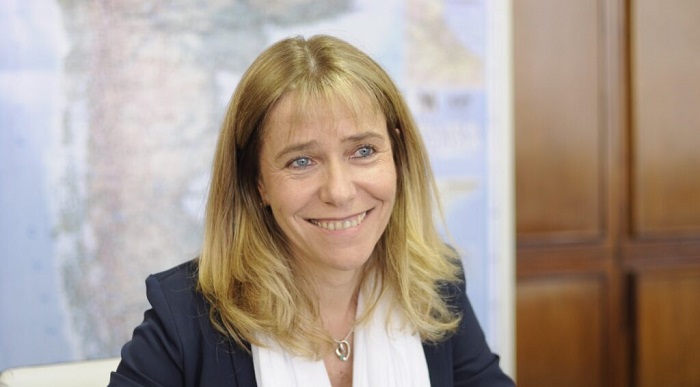The UN World Meteorological Organisation (WMO) has warned that extreme weather and climate change are severely affecting all aspects of socio-economic development across Africa, deepening hunger, insecurity, and displacement.

In a statement released on Monday, May 12, 2025, the WMO said that devastating floods in South Sudan in recent months had left thousands of herders without their livestock, goats, cows, and cattle.
It described the animals as central to the herders’ livelihoods and cultural traditions.
These losses, the agency said, reflected how climate change was eroding the social and economic fabric of African communities.
The WMO also highlighted record sea surface temperatures, especially in the Atlantic Ocean and Mediterranean Sea, noting that nearly all ocean areas around Africa were affected by marine heatwaves of strong to extreme intensity in 2023.
WMO Secretary-General, Celeste Saulo, described climate change as an urgent and escalating crisis for the continent.
“Some countries are grappling with exceptional flooding due to excessive rainfall, while others endure persistent droughts and growing water scarcity,” Saulo said.
Floods, heatwaves, and droughts displaced around 700,000 people across Africa in 2023 alone, WMO reported.
In northern Nigeria, for instance, 230 people died and 600,000 were displaced in September following massive floods in Maiduguri. West Africa also experienced severe flooding, affecting more than four million people.
Meanwhile, southern African countries like Malawi, Zambia, and Zimbabwe suffered the worst droughts in decades, slashing cereal harvests by up to 50 per cent compared to five-year averages.
WMO added that El Niño conditions from 2023 into early 2024 played a significant role in rainfall patterns across Africa, worsening already dire conditions in many regions.
Heatwaves are also emerging as a major public health and development threat. South Sudan was forced to close schools in March 2024 when temperatures soared to 45°C.
Globally, at least 242 million students missed school due to extreme weather events this year, many of them in sub-Saharan Africa, according to UNICEF.
Rising temperatures continue to exacerbate water scarcity and food insecurity, especially in North Africa.
Erratic weather has disrupted agriculture and driven more displacement, particularly in conflict-affected regions.
In South Sudan, for example, last October’s floods affected 300,000 people and wiped out between 30 to 34 million livestock. Stagnant water spread disease and left once self-sufficient families in need of humanitarian aid.
“When someone slides back into being fed, it affects their dignity,” said Meshack Malo, South Sudan Country Representative for the UN Food and Agriculture Organisation (FAO).
He emphasised that South Sudan is in a constant cycle of flooding and drought, with climate-related disasters now affecting the country for most of the year.
Infrastructure challenges have also worsened the crisis. With roads impassable, UN agencies such as the World Food Programme (WFP) are forced to rely on expensive airlifts to deliver aid, an unsustainable approach amid shrinking humanitarian funding.
Experts say that rather than relying on large-scale solutions like desalination, Africa must invest urgently in local adaptation measures such as early warning systems.
Dr Dawit Solomon of the Accelerating Impacts of CGIAR Climate Research for Africa (AICCRA) stressed that desalination posed long-term economic, environmental, and social concerns.
“Africa already faces a steep climate change bill. For a continent still struggling economically, this is a dangerous risk multiplier,” he said.
By Cecilia Ologunagba
